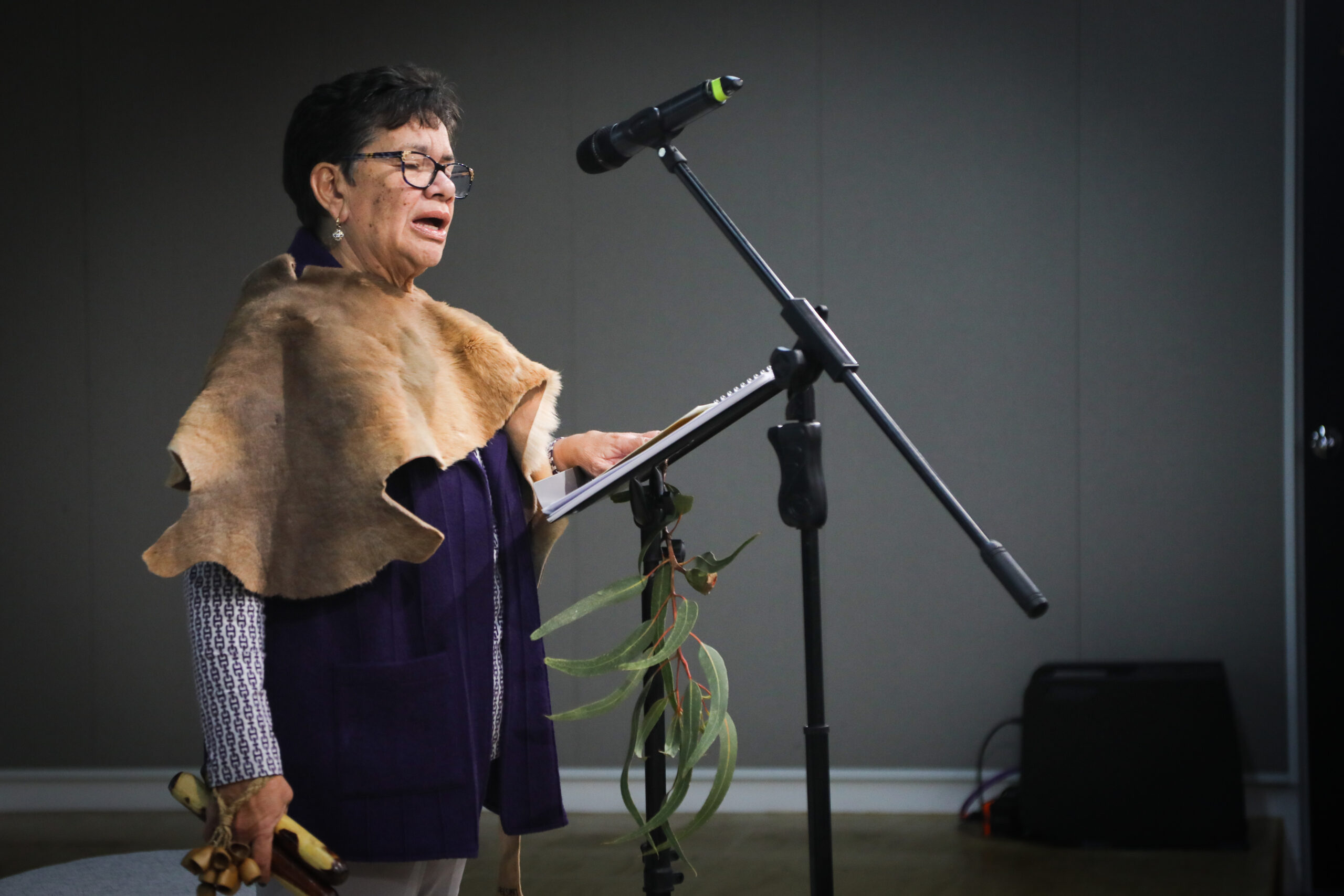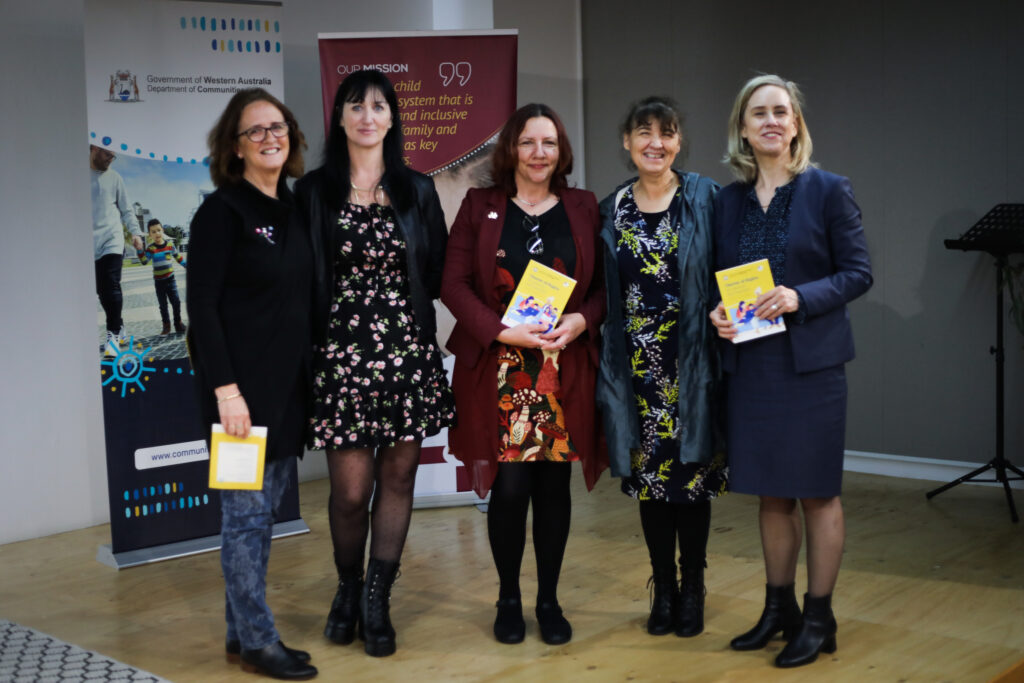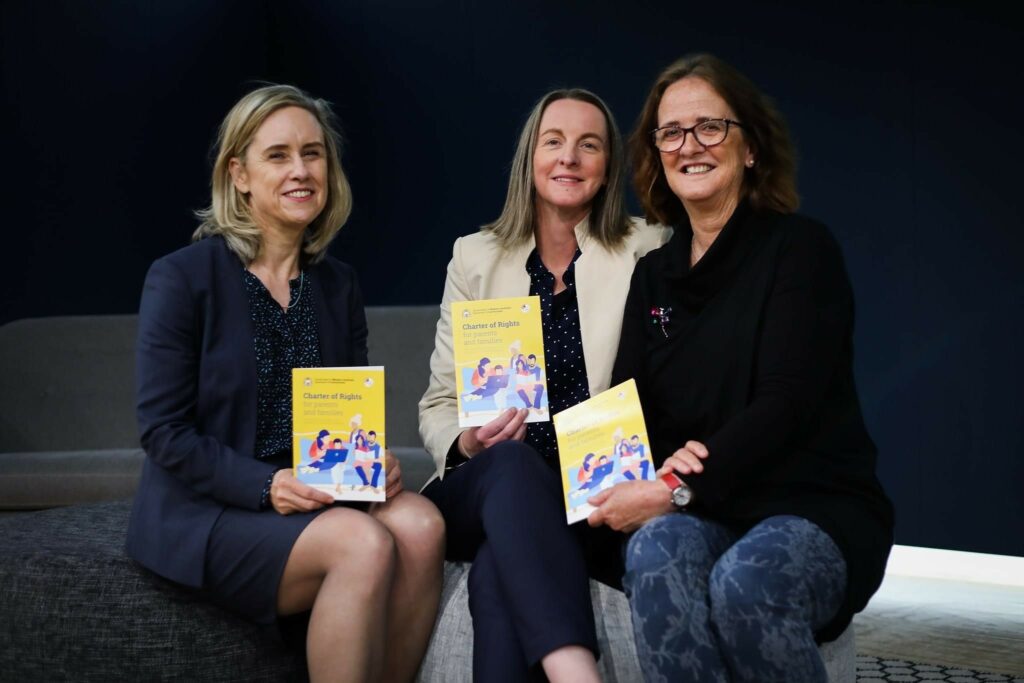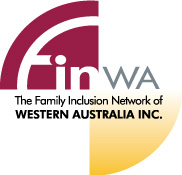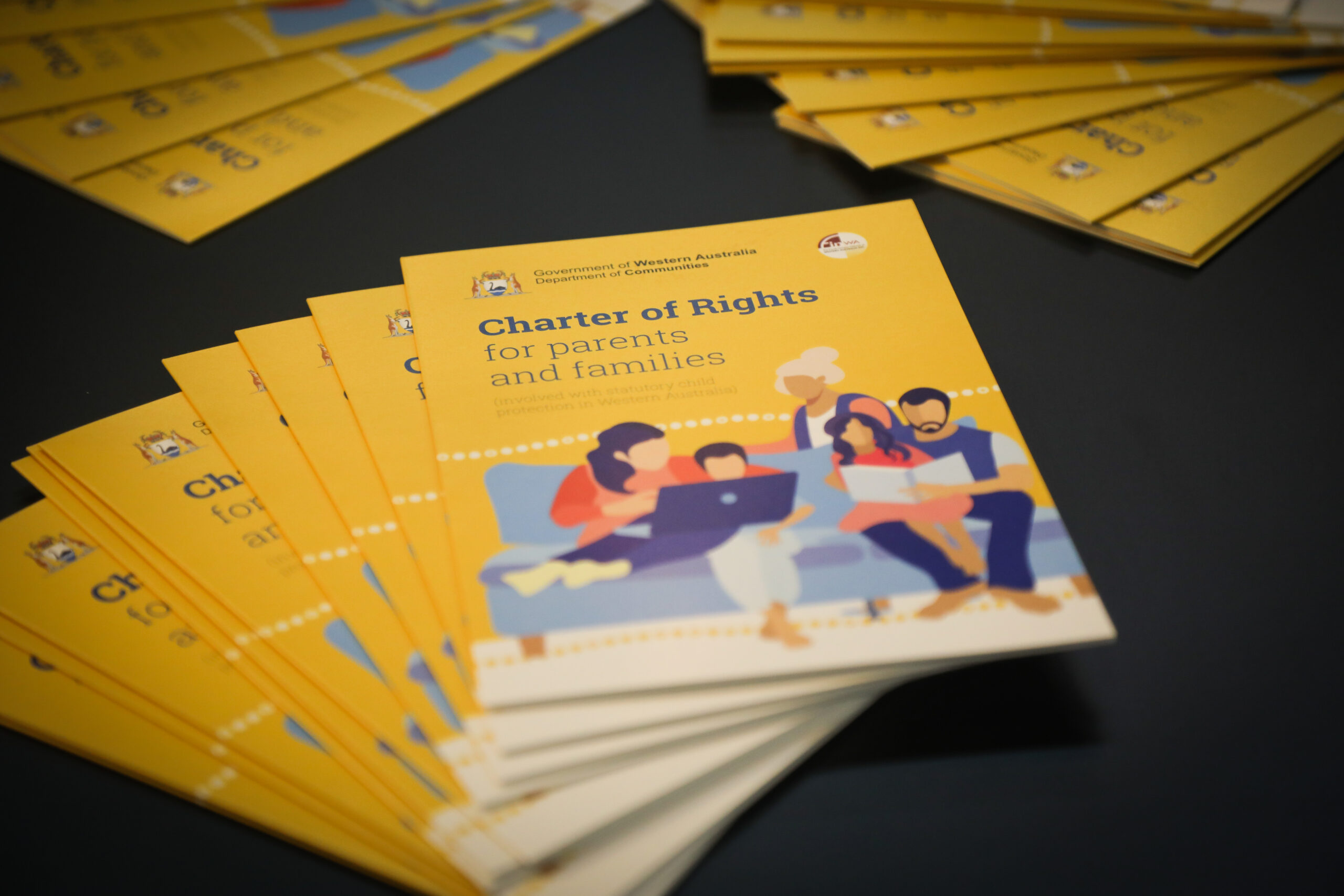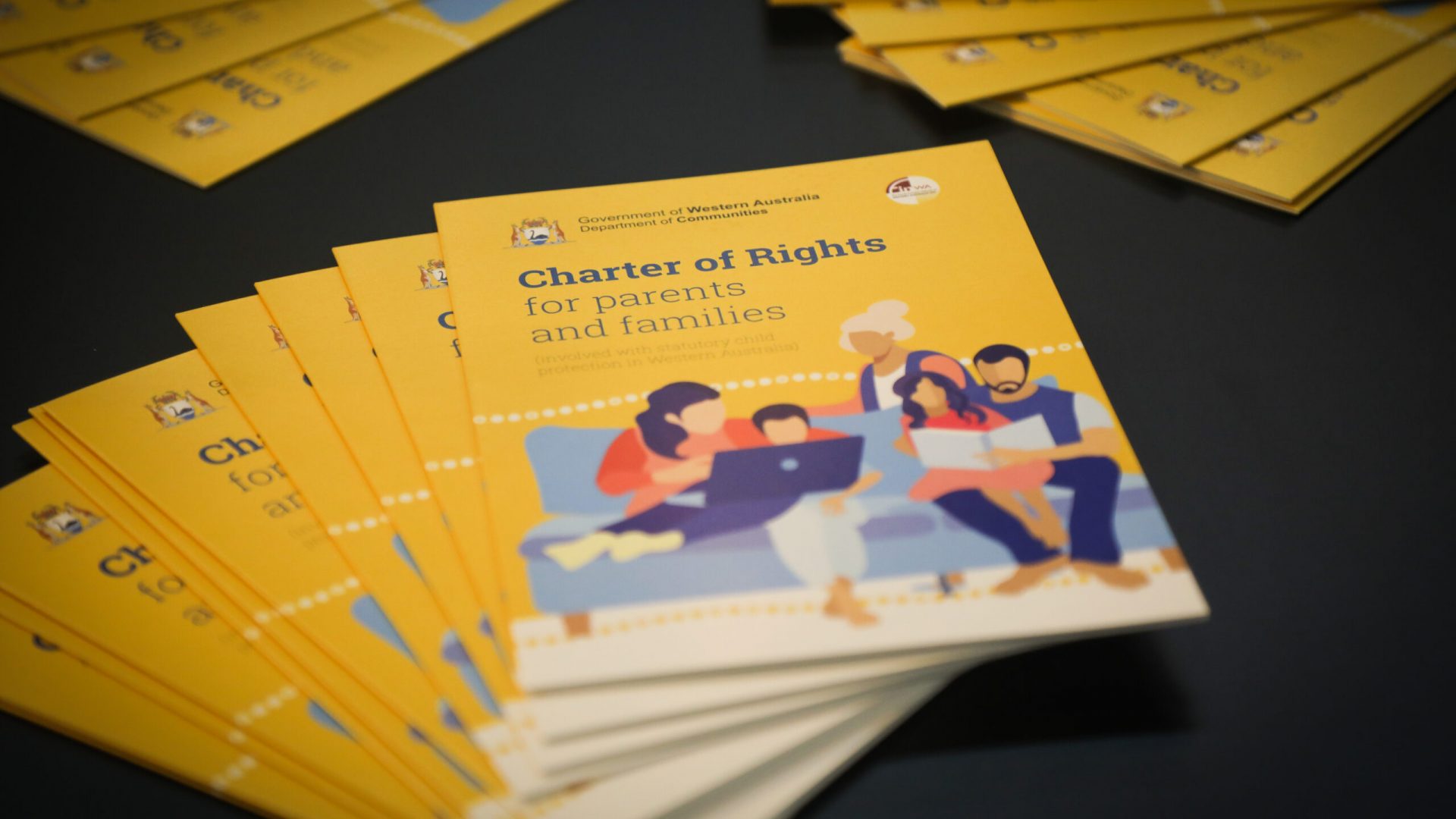
Charter of Rights Launch
The Charter of Rights for Parent’s and Families was four years in the making, and it was with great satisfaction that on 2nd of September, Fin WA, the Department of Communities, Child Protection and Family Support, and the Minister, launched the Charter.
The development of the charter wasn’t easy. A co-design process with a focus group of 2 grandmothers, 4 mothers (including one Aboriginal mother), a Department representative, and a student from UWA, who wrote her dissertation on the process of the development of the Charter.
As a starting point range of Charters from interstate and international jurisdictions, and research papers from academics were utilised for ideas. The process was at times overwhelming for participants and after months of deep sharing and discussion, the themes were drafted into a Charter which we used to consult with, from a breadth of community group organisations.
We can never underestimate the impact of child protection interventions on the lives of all members in a family. Many of us know from personal and professional experience, and from the various research studies across the years, that families are often left traumatised from their interventions with statutory authorities; that they are often left feeling poorly treated, provided little information with no clarity about the decisions made, and little or no support. Families repeatedly say, they do not feel respected and in fact they ‘suffer’ at the hands of the system.
The Charter of Rights is significant for a few reasons. Firstly, a Charter is empowering. Whether the charter of rights be related to; aged care, people with disabilities, mental health or children in the care system. A charter states fundamentally how people are to be treated; it reminds government, policy makers and service providers that the people being served are worthy of respect, dignity, and a voice. A charter provides a foundation and a roadmap upon which good policy and best practice can be based. A charter also allows for the antithesis of rights, which is responsibilities, which can be discussed and more fully explored in front line service delivery.
We can now, with authority, say that this Charter exists and it articulates parents’ rights. Parents can feel reassured and legitimately speak up more confidently, and assertively, whatever it is they are seeking to know from their workers.
Secondly, The Charter of Rights for Children was introduced following the introduction of the Children and Community Services Act (2004), and more generally the Conventions of the Rights of the Child in Australia in 1990. It is essential the Charter for Parents sits alongside the Charter of Rights for Children. Neither negates the other – they can co-exist. The charters actually support and strengthen each other’s rights as they are deeply and inherently interrelated.
We all want what is best for children; we all want children to thrive in families, and if they can’t be with family, then wherever they may be living. What we know is that when we empower parents, we are in fact helping children.
Despite the reasons that children are brought to the attention of child protection, parents and their children are intrinsically connected for life, well beyond any statutory involvement. The more that can be done to help parents remain hopeful and work towards having healthy, strong and stable lives will benefit their children, regardless of whether they return to family in the near or distant future. This charter affirms that parents have the right to information, to be treated fairly and respectfully, to be included and listened to, all which helps validate the important role parents have to play in their children’s lives.
We have learnt over time that consumer participation in developing policy, design, implementation and delivery of programmes is crucial to success – the motto ‘nothing about us, without us’ rings true as equally for families in the child protection system as it does for participants in any service system. This charter of rights, developed with parents, provides clear, positive, practical tools to develop effective working relationships that will help meaningful inclusion and active contribution to decisions affecting their lives and those of their children.
So where to from here:
Parents and family members matter. They matter to their children and children deserve to have everyone working together to ensure their futures are thriving. This charter of rights is one step in holding us all accountable to the respectful inclusion of parents, providing a voice and active participation without intimidation and fear.
